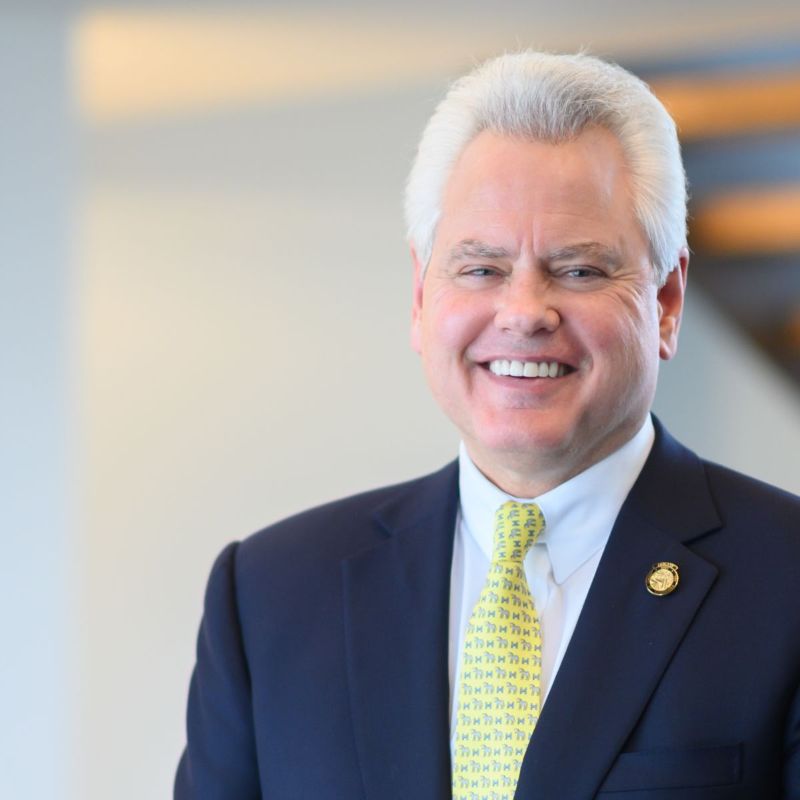|
Alexandro Aguilar’s nonstop schedule at the Lionel Hampton Jazz Festival this week won’t include much time for reflection. But when he thinks back on his four years at the University of Idaho, from his start as an engineering student to earning numerous scholarships in the School of Music, Aguilar is filled with gratitude.
“I planned on going a traditional route and studying engineering, but my roommate was a music major, and talking with one of my professors solidified the idea that I wanted to study music,” said Aguilar, who is from Payette. “My mom and dad always said, as long as you work hard at something, it’s going to be okay. They were a little skeptical at first, but they’ve become very supportive.”
Aguilar played piano in his youth, but he put in extra hours perfecting techniques and studying to catch up with his peers from formal music backgrounds. Faculty members like Dan Bukvich and Roger McVey instilled confidence in him.
“It was really hard, I just didn’t give up,” Aguilar said. “I felt like I had to play catch-up, but I’m really grateful to Professor Bukvich. He teaches you how to read music from the ground up and I really learned the fundamentals.”
Scholarships enabled Aguilar to reach his potential as a student and even conduct research in Mexico. For Aguilar, earning the Lionel Hampton Scholarship and the Bert Berlin Scholarship Enhancement Humanities Award meant that he could focus on his studies, remain involved on campus and even sleep well at night.
“I had to work a lot during my first two years here to pay for rent and pay for food,” Aguilar said. “I wasn’t able to take care of myself very well. Having scholarships really helped me become a better student. I can focus on practice and be more prepared. Scholarships have helped me be able to get enough sleep and stay in good standing with academics and with the community.”
This week, as grooves and backbeats filled the U of I campus, Aguilar was in jazz heaven. He played piano for visiting high school choirs and with the wind ensemble and orchestra. He was on the piano at Hamp’s Gala and sang with the Chamber Jazz Choir ─ and that was only day one. Throughout the week, he’s played with saxophonist and composer Christine Jensen and visited with other renowned jazz artists.
“It’s absolutely my favorite event of the year,” Aguilar said. “I’ve gotten deeper and deeper involved every year here. To be able to play with guest artists and communicate with them musically, it’s pretty surreal. I’m really excited.”
After graduation next month, Aguilar plans on pursuing a career in music education, and he hopes to start in the Treasure Valley. Thanks to scholarship support, unique U of I experiences and relentless hard work, he can pursue his passion and inspire the next generation of musicians and scholars.
|









